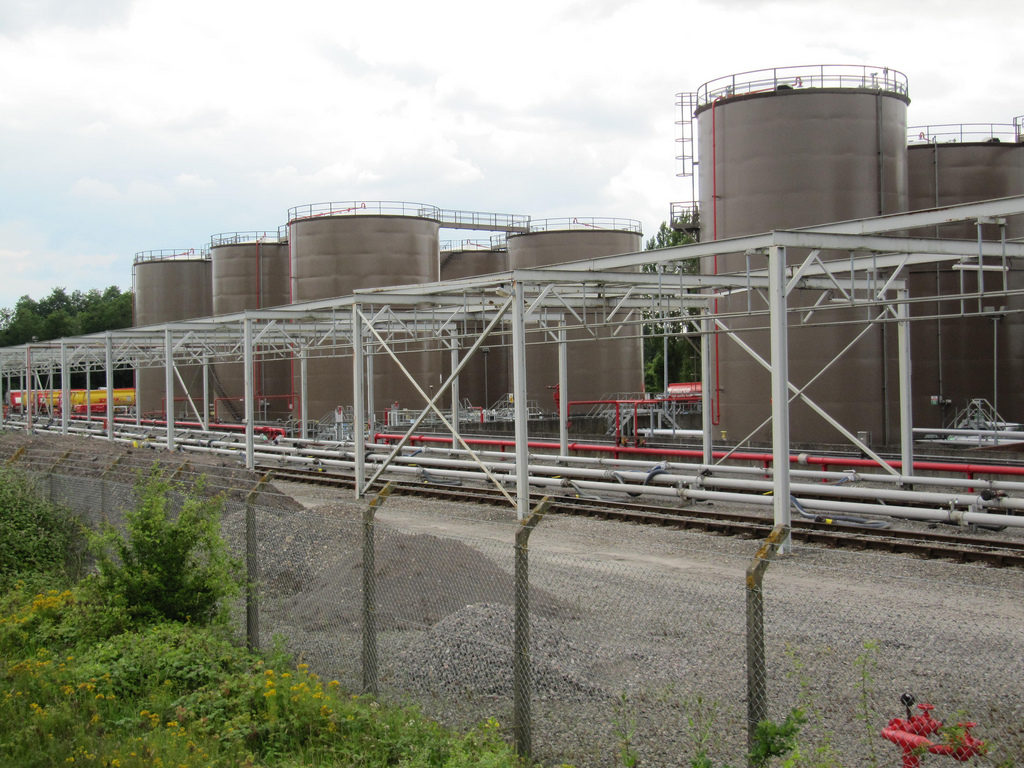American News
Developers end effort for oil terminal in Washington state

File Photo: Westerleigh oil terminal (Photo: Justin Foulger/Flickr, CC BY-SA 2.0)
VANCOUVER, Wash. — A project to build a massive oil-by-rail terminal in southwest Washington officially ended Tuesday when the project’s developers and the Port of Vancouver terminated a lease for a site along the Columbia River.
The Port of Vancouver and Vancouver Energy said in statements that they agreed to end the oil terminal’s lease on Wednesday, a month early. Vancouver Energy will donate its $100,000 March lease payment to a community fund that helps local non-profit groups.
Vancouver Energy also confirmed in an email to The Associated Press that it is not appealing Gov. Jay Inslee’s decision to reject a permit for the terminal.
Inslee, a Democrat, last month denied a permit for the proposed marine terminal, noting the risks and impacts outweighed the need for and potential benefits of the project. Inslee agreed with the recommendation of a state energy panel that had been reviewing the project since 2013.
The end of the project marks another victory for environmental, tribal and other groups that have fought fossil fuel projects in the Pacific Northwest. Since 2010, at least 20 projects have been proposed in Oregon and Washington to handle and move coal, crude oil, methanol, propane or liquefied natural gas. Only a few have come to fruition.
The joint venture of Savage Companies and Andeavor, formerly known as Tesoro Corp., wanted to bring about 360,000 barrels of North American crude oil a day by trains to the Port of Vancouver where the oil would be loaded on ships bound for West Coast refineries.
“While we’re pleased to continue making a positive difference for Vancouver and Southwest Washington through this additional funding for community projects, it’s disappointing we won’t be able to provide the needed family-wage jobs and economic boost for the area that we had envisioned,” Jared Larrabee, Vancouver Energy’s general manager, said in a statement.
Critics said the terminal posed too great of a risk to communities and the environment.
Larrabee said the developers remained convinced that the terminal would have been built and operated safely.

























